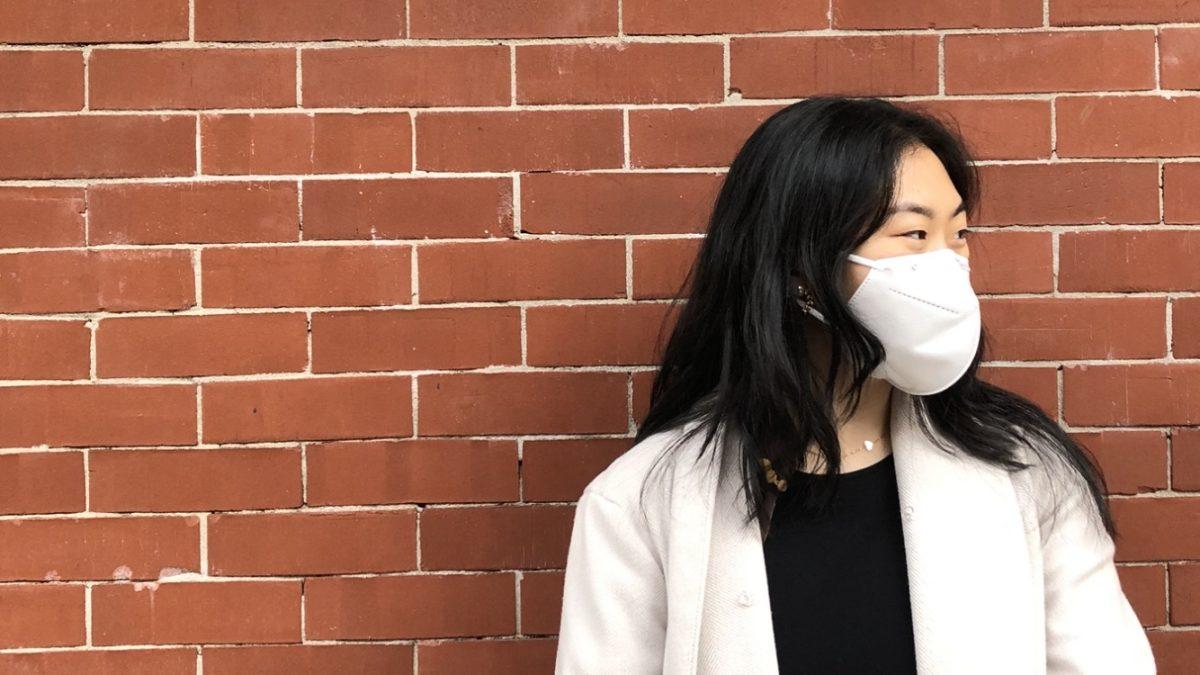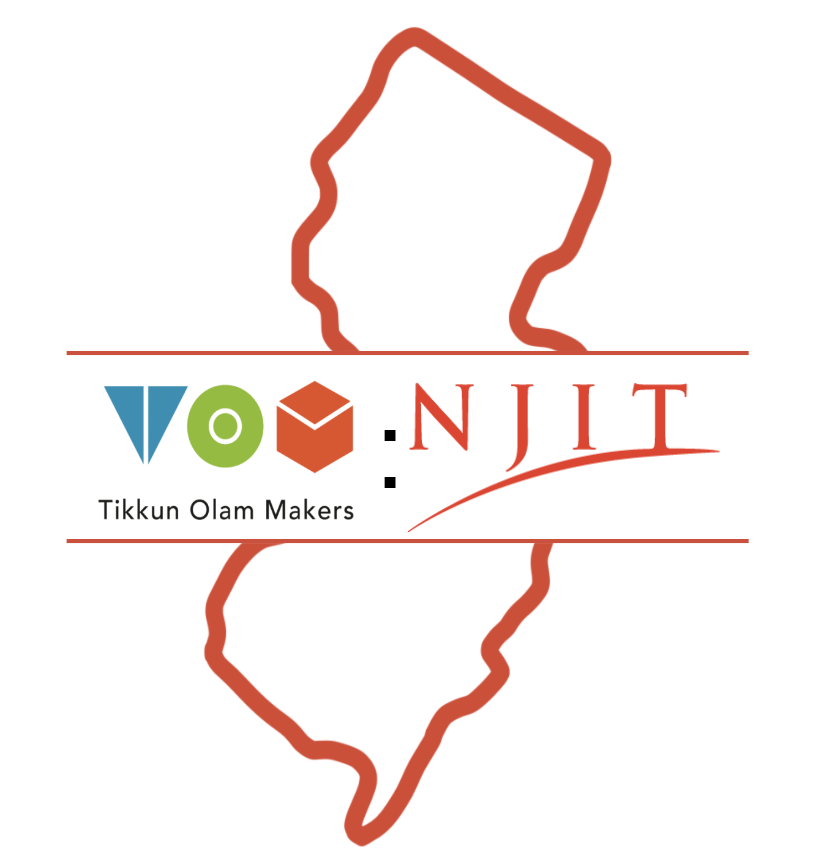As the COVID-19 pandemic continues to develop, so too have the residential building policies we put in place to curb its spread. NJIT’s Reslife has put together recovery guidelines that allow students to live on campus and retain a sense of normalcy while also preventing outbreaks from occurring on campus. The 2020-2021 resident contract features several COVID-19 specific revisions. In addition to the infectious diseases clause on the resident contract, Reslife has also placed limits on resident gatherings in lounges and in residents’ dorms. These policy changes are an entirely different beast from the dorm life we know from the past, but a certain subset of residents have been required to adapt the most.
Resident assistants (RAs) are responsible for a multitude of duties to keep NJIT’s dorm halls running smoothly. Under normal circumstances, RA duties typically include planning programs for residents to attend, serving office hours, working making “rounds” across their designated buildings to make sure nothing is wrong, serving as desk attendants beginning this year and being a general resource for residents in terms of academic and emotional support. RAs are also required to attend weekly staff meetings and regular Reslife committee meetings. Former RA and fourth year computer science student Evan Markowitz says these duties add up to about 20 hours a week not including “rounds,” emergencies and DA duties. The amount of mental energy required to be an RA can’t be quantified and “a lot of headspace is devoted to being an RA even when you’re doing other things.”
New policies mean that RAs have additional duties and rules to enforce. RAs now run a strict “no guest” policy throughout the dorms. Luis Medina, Oak RA and junior chemical engineering student, does not consider this new policy difficult to enforce as these checks are done during their standard rounds of their building. According to Luis, Oak residents have “remained very understanding of the policy” and DAs now check residents against the residential rosters of the building they are trying to enter to confirm that residents are only entering their own dorm halls. According to Serita Das, Laurel RA and first year graduate business administration student, RAs are also responsible for enforcing mask policy within dorm halls.
RAs are now also responsible for delivering meals to quarantined students. During the fall semester, this duty was distributed to all RAs, but since Redwood is now used to quarantine students, this responsibility now lies primarily with Redwood RAs. According to Medina, Cypress staff aids some of the Redwood staff as well.
While RAs now take on additional duties, this doesn’t absolve them of their regular duties. Even during the pandemic, rounds still need to be made, residents still need support and emergencies still happen. NJIT RAs have adapted their tactics to meet safety standards.
Firstly, duties such as programs and RA duties have been adjusted to be socially distant. Estefany Galdamez, Oak RA and junior business major, no longer enters residents’ rooms during inspections. Instead, she and her fellow RAs opt to inspect residents’ rooms from the door. None of her events can have contact, as such (almost) all of them are virtual. Last semester Galdamez ran an outdoor scavenger hunt, “There was no contact and all residents did the scavenger hunt individually.”
A resounding number of RAs define the communities they foster as the most important part of their jobs, as well as the most personally beneficial. Laurel RA Ross Bonifacio became interested in becoming an RA after hearing about negatives experiences that other trans people faced in the past while dorming. Bonifacio used his personal experiences to help other LGBT residents in his hall.
Das has become accustomed to building relationships with different people in different ways, a personal development she accredits to her three years of being an RA. Das takes pride in being a resource for her residents, a feature many other RAs agreed upon. “I always say if I can make a difference in one person’s life, I’m happy.”
Being socially distant required Das to take a different approach to fostering community on her floor. “I have been able to build community on my floor by utilizing GroupMe to interact and engage, inform them about programs and check in, while others have been able to do so through Discord and such.” Das does admit that that making these connections is more challenging than it was in the past, but she says that she and her fellow RAs are doing their best under the circumstances.
Despite their everchanging responsibilities, NJIT’s RAs remain satisfied with their duties. Regarding this year’s recent changes, Bonifacio said “I don’t know if its more difficult, but it is much different.”
Das’ outlook on COVID-19’s effects on her duties is particularly upbeat; when asked if the pandemic had affected the advantages of being an RA, she explained, “if anything, [it] has been a beneficial learning experience.”








































